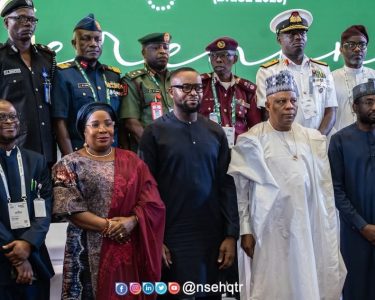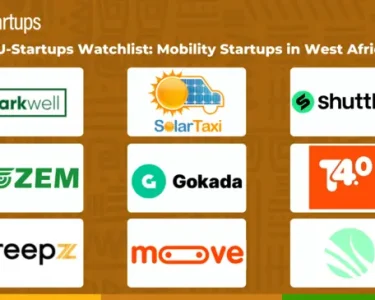The impact that digital start-ups have had on the African economy in the last few years have been applauded at the on-going GSMA Mobile 360 Series meeting holding in Kigali, Rwanda.
Speaking at the one of the talk session, Smart Africa adviser Jean-Philbert Nsengimana declared that something phenomenal is happening on the continent, as technology start-ups attracted around 14-times more investment in 2017 than five years previously.
Nsengimana, who was discussing Africa’s start-up scene, said any problems were “not going to be solved by aid or charity, but by a combination of business, innovation and entrepreneurship.”
He said that in 2017, African start-ups received $560 million in investment, double the sum of 2016 and 14-times higher than the amount raised in 2012.
“You may argue that is nothing compared to what is being invested in start-ups in Silicon Valley and in China,” Nsengimana said. “I would not contest that, but it does point to something important: that something bright is happening in the African tech start-up ecosystem.”
During the session, a number of start-ups and entrepreneurs highlighted their achievements within Africa, including work with some of the most vulnerable groups.
Among them was young woman inclusion programme Girl Effect; Kenya-based employment platform Lynk; and app-tracked courier service Musanga.
Joshua Mwaniki, training provider Andela’s country director for Kenya, added the current climate was ripe for young people: “In the middle of a digital revolution whoever has the talent wins, and we’re trying to find the best talent, equip them and place them within companies.”
“When you look at the big sectors in Africa, traditionally to have success you need access to resources, or people with resources,” he added. However access to technology “is changing the narrative.”
Speaking also in another forum, Claudia Makadristo, Seedstars’ Regional Manager for Africa said that Africa’s entrepreneurs are looking for their work to have a positive impact on society and their balance sheets.

Makadristo, an emerging market start-ups’ expert said the current generation of investors and entrepreneurs see their decisions as “a way to express their social, political or environmental goals”, but also believe it is “about combining profit with impact”.
Between 70 % and 80 % of millennials in emerging markets view “starting their own business as a success, especially in continents like Latin America, South Asia: in Africa unfortunately we are still a bit behind, but hopefully we will get there soon.”
The less mature stage of Africa’s digital ecosystem poses challenges: “The reality is that unfortunately most entrepreneurial ecosystems in emerging markets are not ready yet to absorb all of these investments that the bigger guys want to make,” she said.
“On one hand, the big challenge is to focus on quantity, so how do we increase the pool of entrepreneurs that are out there. But the other side, which is actually more important, is how do we make sure that there is a big enough pool of quality entrepreneurs that can take on these bigger investments.”
Key lessons include the need to collaborate in local ecosystems and “the different countries we have”; to maintain quality to ensure “our entrepreneurs can compete on a regional and global stage”; and to show and publish results.
“We have a bunch of incubators, accelerators, support programmes. If any investor from abroad wants to come, the easiest place to go is there. Yet we have no clue how many are successful, how many are not,” she said.
“From an investor perspective, I know we always say failure must be celebrated, but I would argue differently. For me, for us, failure is tolerated. If you lose our money, bad luck, but you don’t want to lose an investor’s money – trust me. It makes it so much more difficult to come back for another round.”
She concluded: “I get to work with the smartest people on the continent, and it’s not the C-level execs of the big corporates or the big guys of the governments. It’s these young people who have literally everything working against them, and still decide to come up with real solutions to real problems.”
MobileWorld




